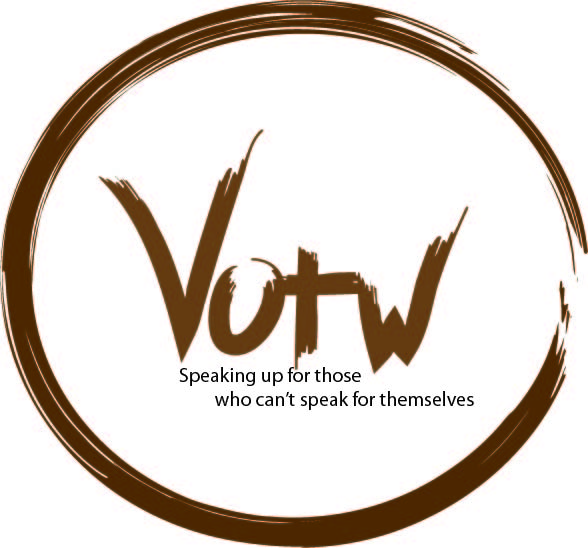Our Project – Casa Ahava
Convalescence
For the men and women in treatment for their cancer at the Maputo Central Hospital, Casa Ahava is a home of respite and comfort away from the constant reminder of illness. When a patient is transferred from a remote province of Mozambique to receive cancer care in Maputo, there is often very little or no social support available so far from home. Instead of living in the hospital for months on end, in coordination with our partners at Maputo Central Hospital, a patient is referred, invited, and brought to live at Casa Ahava during that arduous journey. Instead of the sterile walls of the hospital, they are given a soft bed, a cozy kitchen, a welcoming community, and as much comfort as can be offered.
Most of our days are spent in rest, in repose, or in hospital. Many patients have several needs at the hospital throughout the week and we faciliate all testing, examining, consulting, and waiting that may be needed.
On the days when hospital visits are not necessary, patients often go for short walks in our neighborhood, work or gather food in our small garden of greens, sit in the shade and listen to music, or participate in times of prayer and meditation faciliatated by our partners.

Hospice
At times, because of the great distance between home and hospital, when it becomes knowable that cancer treatments have no additional benefit the journey home is no longer possible. Rural areas of Mozambique can be tremendously difficult to access by those with healthy bodies; for those with late-stage cancer, they become impassible.
When home cannot be reached, Casa Ahava offers a community, a quiet room, a cool cloth, and a hand to hold to the dying with nowhere else to go.
At its oldest, hospice was simply a home of respite for weary travelers. At Casa Ahava, we like to think we are not so different from those first roadside homes, welcoming the stranger and the sick to our hearth for as long as they need and offering comfortable place to lie their head.
Cicely Saunders, the founder of the modern hospice movement is reported to have said that dying persons ask three things of those who care for them: (1) “Help me“, (2) “Listen to me“, (3) “Don’t leave me”. With our without specialty training, extra resources, or extravagant manpower, we know that we can, at least, respond to these three requests.

Transitioning from the hope for cure to the hope for comfort is a challenge physically, emotionally, and spiritually.
At Casa Ahava we try to attend to each of these challenges. Physically, relying upon all the palliative resources and techniques available to us, we offer cleansing and bandaging of the wounds Cancer influcts, as much pain relief as is possible (pharmacological and nonpharmacological), and hold the dignity of the body of the dying as inviolable.
To the emotional toll of dying, we make every effort to bring communion and compassion into the hard places of dying. Music, opportunities to talk, opportunities for silence, and accompaniment in the dark all contribute to what DeFord meant when he wrote “There is perhaps no greater agape love than that shown to us by “the people who have gathered to say farewell” (Living, Loving, and Loss, 2013).
In the spiritual truthes and falsehoods of dying, we offer faithful witness, as steady a presence as we know, and a mixture of love and lament to go along with the mixture of life and death that those realities bring.
Training

Though we recognize that we are always learning ourselves, we also recognize that there are parts of our experience and our study that may be of use to those around us. From that well of knowledge, we draw as much as we can and offer it as freely as we know how to the medical and non-medical systems around us. Layne’s expertise and passion for palliative care and Jon’s passion for grief literacy and teaching the skill in the work of grief itself are on offer to whomever we may come across.
Layne’s PhD work in palliative care makes her especially good at offering important insight into improving care for patients and families alike with serious and chronic illnesses.
Counseling
Both dying and being in close proximity to it are all-consuming paths. The light by which we illuminate every step on those paths is often a flickering candle held in the shaky hand of the dying and each footfall is uncertain at best.
Jon’s experience and study into griefwork can shed just a bit more light along that path and, at times, give a bit more sturdiness to the step.
The effects of grief and dying are not reserved for simply the sick and their families. Healthcare professionals, and anyone else connected to the loss all suffer the losses along the way in different ways. Into the hurt of those losses we offer what little balm we can, and what wisdom we have.
Philosopher and medical ethicist Jeffry Bishop wrote that suffering is “to undergo loss of capacity, potency, history, project, or purpose, all of which are integral to this particular embodied being” (Jeffry Bishop, The Anticipatory Corpse). This idea of suffering rightly distinguishes itself from pain, and reveals that suffering comes from loss. Loss unmakes our attachments, it is the breaking and pulling away of that which we have tied to ourselves. And “grief is the rope burns left behind, when that which is held is pulled beyond our grasp.” (Stephen Levine, Unattended Sorrow)
We have years of practice in holding those burned hands softly, in pouring a soothing balm into the raw flesh of the burn, and in giving ritual and rhythm to the confusing and catastrophic.


